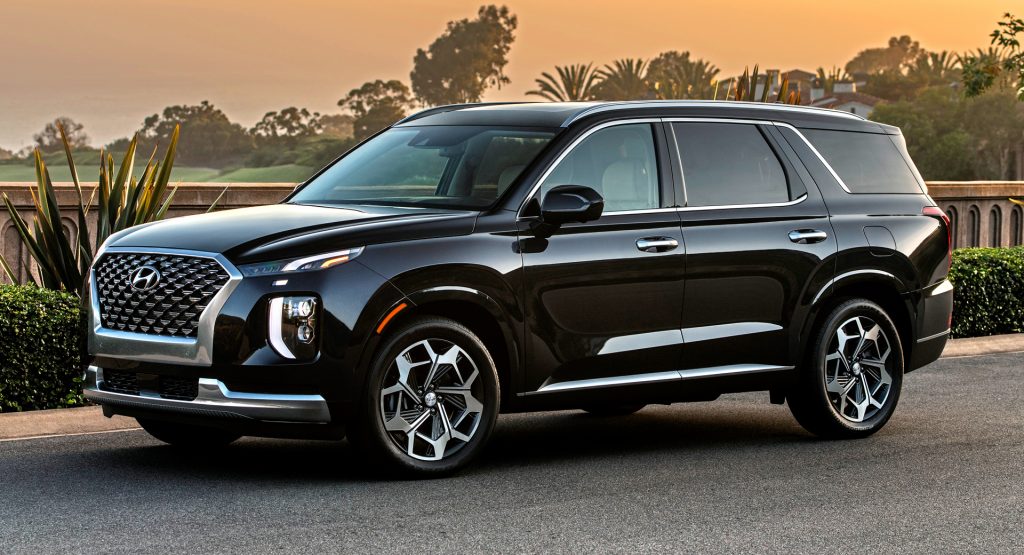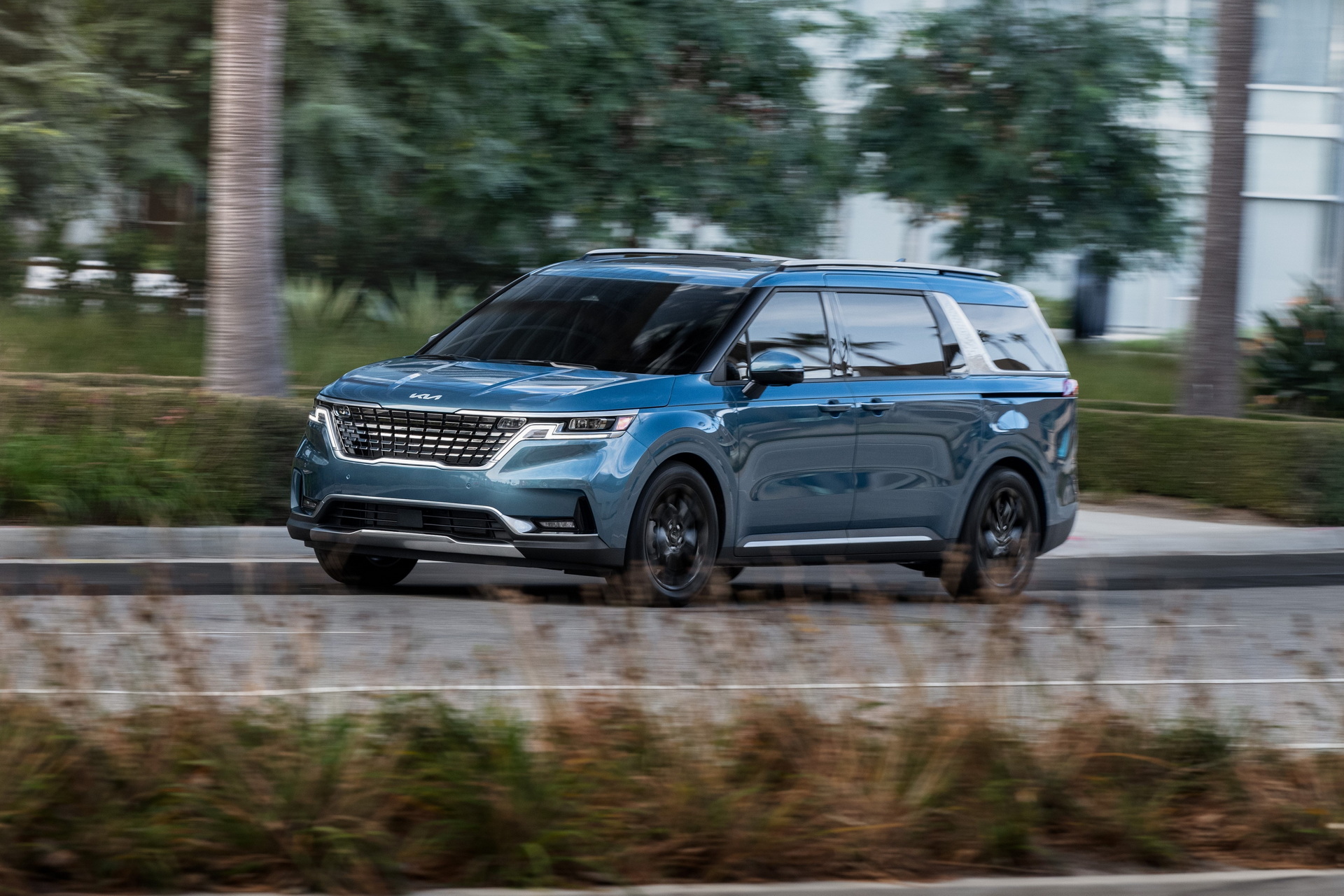South Korean government officials signaled Thursday that consumer goods such as automobiles, smartphones, and washing machines, are exempt from the U.S. export ban against Russia.
South Korea’s Ministry of Trade, Industry, and Energy told The Korea Times that its U.S. counterparts had informed it of the decision following some uncertainty. At first, it seemed that the Foreign Direct Product Rules (FDPR) would include the items listed above, but the clarification suggests that the products will be exempted provided they are sold as consumer goods and are not used in military applications.
The nation was slow to implement independent sanctions against Russia, unlike the U.S., many European countries, Canada, Australia, and other nations allied in this crisis. These independent sanctions were a condition for being excluded from the FDPR rules, the trade ministry said.
Read Also: Honda, Toyota And Mazda Join VW, GM, JLR, Ford And BMW Suspending Russian Exports And Operations
The Hyundai Motor Group may be relieved to hear that it will be allowed to continue trade in Russia, where it has become a major player. The Print reports that Hyundai sold 171,811 vehicles in the market last year and, together with Kia, accounts for 22.3 percent of sales there, making it one of the largest automakers in Russia behind Renault.
It also operates a production facility in the country that produces the Palisade, the Tucson, and the Kia Sportage, some of which were intended to be exported to the U.S. The plant shut down Monday due to parts supply, but Hyundai told The Wall Street Journal that it plans to reopen the plant next week.
In order to minimize uncertainty, government officials have indicated that they plan to engage in dialogue with the U.S. about export control cooperation against Russia. It will relay that information to local companies.
“It is fortunate that risks surrounding the FDPR have been resolved to some extent,” a Korean auto industry official who asked not to be named told The Korea Times.






